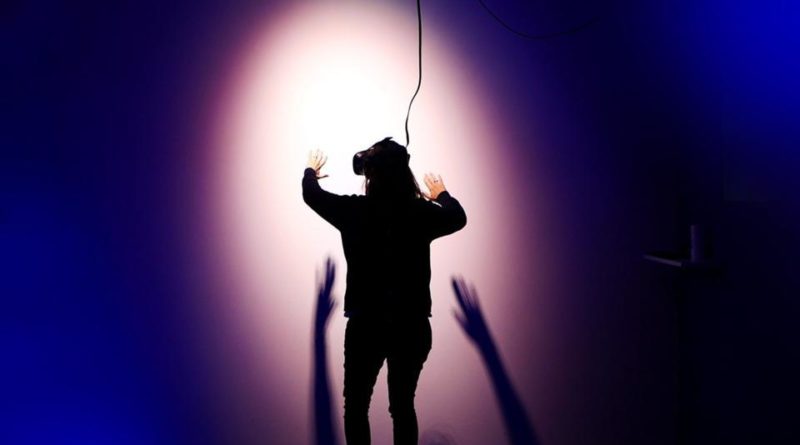VR Can Help Treat Anxiety
[Please note that this page contains affiliate links. If you choose to purchase after clicking a link, I may receive a commission at no extra cost to you.]
Newer research published in JMIR Mental Health discovered that virtual reality (VR) could be a helpful therapy for depression and anxiety. VR can effectively enhance and augment traditional methods like exposure therapy and cognitive-behavioural therapy.
The study looked at articles published between 2017 and 2021 related to VR in the therapy of mental health issues and found 370 articles on this topic, narrowed down to 35 clinical studies.
The majority of these studies combined cognitive-behavioural therapy (CBT), a typical method of treating anxiety, with VR immersive environments and simulations.
Based on this study, VR research has mainly focused on anxiety, and there has been much less research on how effective VR is on depression.
VR uses computer simulation and modelling so that others can interact with 3D visual environments and other senses through a user interface like sensory gloves.
Virtual reality in health care exploded onto the scene in the early 2000s with the use of a VR gaming system, SnowWorld, that was found to reduce pain levels in burn victims.
VR with the combination of CBT has been influential in treating social anxiety disorder (SAD), generalized anxiety disorder (GAD), and the treatment of specific like exam anxiety, public speaking anxiety, and driving-related anxiety.
However, most of the research in this area has small sample sizes, only ranging from 2 to 115. In addition, these studies used head-mounted displays instead of projection-based displays to deliver simulated environments.
The most common virtual reality therapy is VR exposure therapy (VRET). VR exposure therapy is a behavioural procedure in which people are shown a feared object or anxiety-provoking practice in a simulated world.
VRET has been very useful in treating public speaking anxiety and social anxiety. The theory is that repeated and gradual exposure to this simulated generating environment can reduce stress over time. In addition, VR provides a great way for volunteers to experience safely and confidentially in a simulated environment that gives people a chance to work with therapists directly in real-time.
VR tech may also enhance the likelihood of music therapy. For example, a study placed people in a virtual performance hall where they were able to sing and perform.
Another study used VR to enhance art therapy using new virtual painting software. Virtual reality has also been used to do healthy games and exercises to provide biofeedback and neurofeedback.


